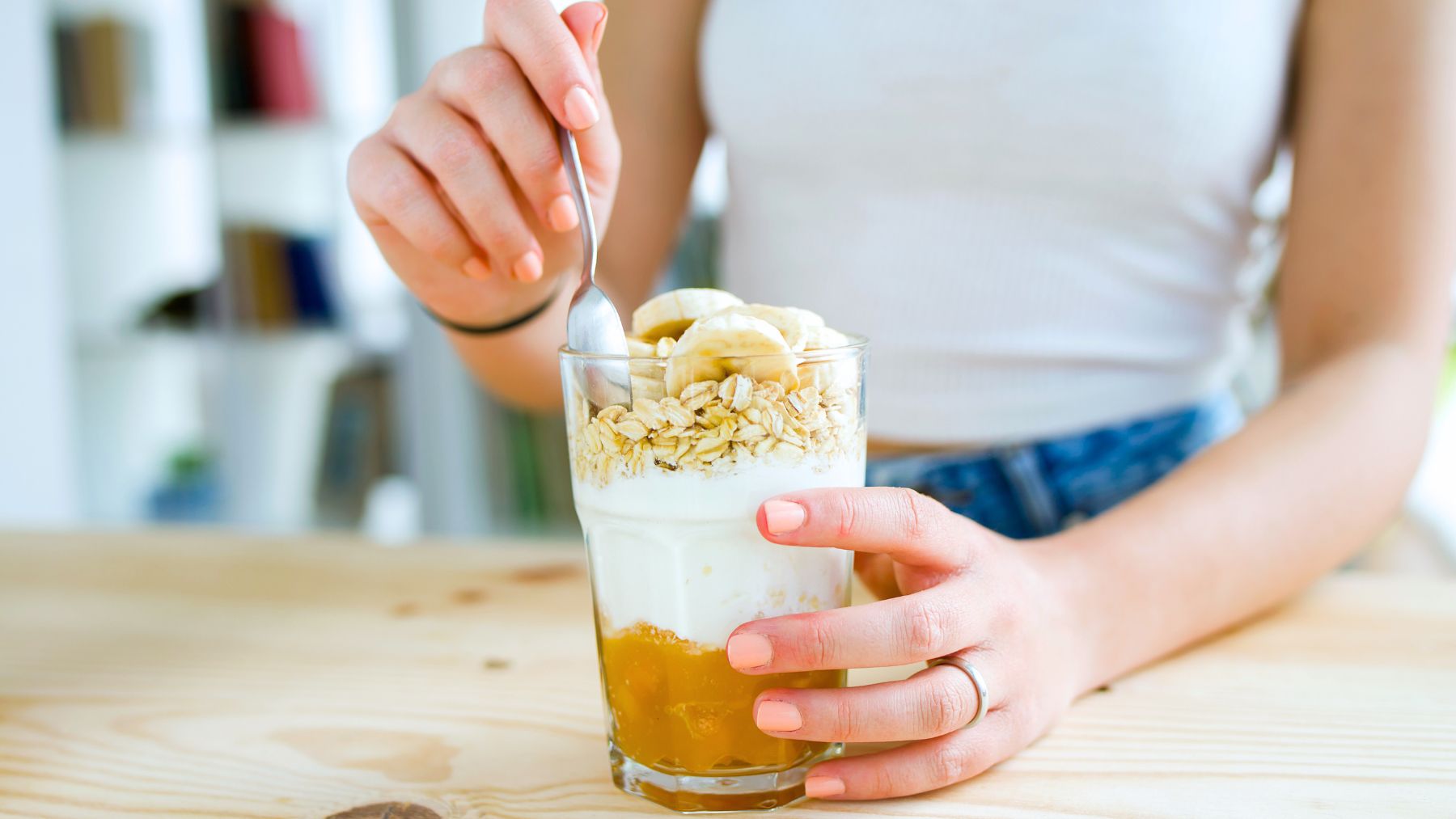There’s one pantry staple a cardiologist says he never goes without, and it’s not some expensive supplement or trendy superfood. It’s a simple ingredient you probably already know: oats.
Elizabeth Klodas, M.D., a preventive cardiologist, explains that oats offer multiple protective benefits for the heart. They help lower cholesterol, improve weight management, and support gut health. Here, we’ll cover why oats are such a powerful food for cardiovascular health, plus easy ways to work them into your meals.
Why this cardiologist always have oats in her pantry
Oats are one of the most researched whole grains when it comes to heart health. They’re packed with soluble fiber, particularly beta-glucans, which bind cholesterol in the digestive tract and help remove it from the body. Lowering LDL cholesterol is one of the most effective ways to reduce the risk of coronary artery disease and stroke.
Dr. Klodas highlights another advantage: oats are naturally rich in plant sterols, compounds that block cholesterol absorption. This dual effect—blocking absorption while also binding cholesterol—makes oats a strong tool for cardiovascular prevention. Research also suggests that regular oat consumption positively influences the gut microbiome, which plays a role in regulating metabolism and inflammation.
The benefits don’t stop at cholesterol. Because oats digest slowly, they help stabilize blood sugar and keep you full longer. That means less risk of insulin spikes, which are tied to both heart disease and type 2 diabetes. For people working on weight management, this steady energy and satiety can make a big difference.
Klodas emphasizes choosing whole, minimally processed oats over highly sweetened or instant varieties. Steel-cut or old-fashioned rolled oats retain the most fiber and phytochemicals, giving you the full benefits.
Simple ways to add this food to your meals
Oats are one of the most versatile ingredients you can keep in the pantry. Here are a few ways to incorporate it:
- Overnight oats: Combine rolled oats with milk or a non-dairy alternative, fruit, and nuts. Let it sit in the fridge overnight for a ready-to-eat breakfast.
- Hot oatmeal: Cook oats on the stovetop with water or milk. Top with berries, cinnamon, or nut butter for extra flavor and nutrients.
- Smoothies: Blend a handful of oats into a smoothie. They thicken the texture and add fiber without changing the taste much.
- Homemade granola: Bake oats with olive oil, honey, and seeds for a crunchy snack or topping.
- Oat pancakes: Swap some flour for oat flour or blended oats in pancake batter.
- Savory oats: Cook oats in broth instead of water and top with vegetables, herbs, and an egg for a hearty meal.
Oats are inexpensive, widely available, and easy to prepare in both sweet and savory dishes. Making them part of your routine can help lower cholesterol, support a healthy weight, and provide long-lasting energy.
You don’t need a pantry full of specialty products to protect your heart. Keeping oats on hand and using them regularly may give you a simple, reliable edge against cardiovascular disease. It’s one small habit that can deliver big benefits over time.

